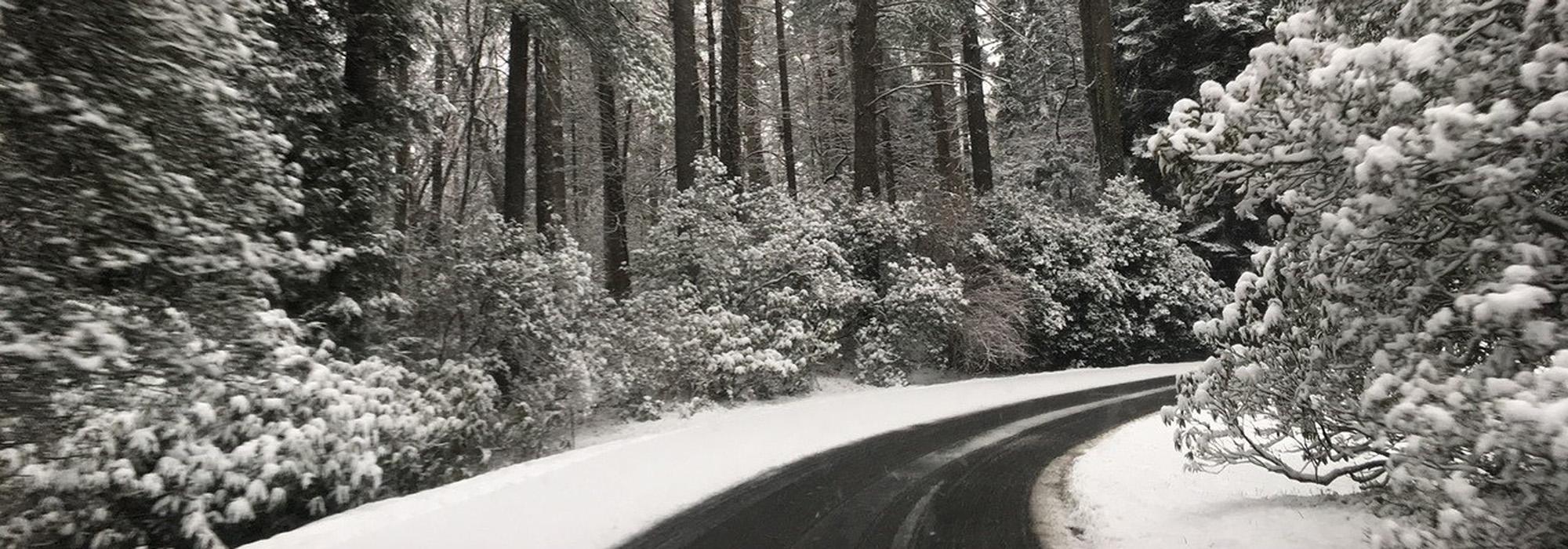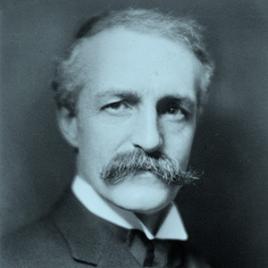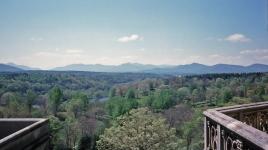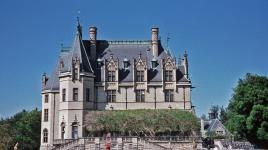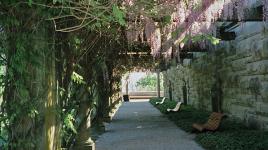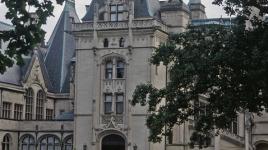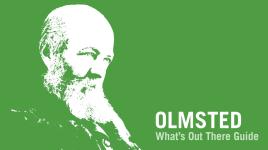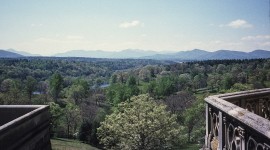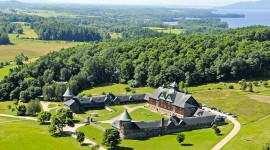Pioneer Information
Born into a wealthy family in Connecticut, Pinchot graduated from Yale University in 1889. Deciding to pursue a career in forestry, Pinchot traveled to Europe for further study, returning in 1892 to serve as manager of forests at the Biltmore Estate in North Carolina. In 1896, Pinchot toured the western United States with the National Forest Commission, an experience that developed his belief in establishing a professional forestry service. He was named chief of the Department of Agriculture’s Division of Forestry in 1898, advocating for conserving national reserves through planned use and renewal. He established the Society of American Foresters and endowed the Yale Forest School graduate program in 1901.
In 1901, Pinchot’s ally Theodore Roosevelt became President and in 1905 established the United States Forest Service, naming Pinchot as chief. Between 1905 and 1910, forest reserves grew from 56 million to 172 million acres. Pinchot opposed conservation for the sake of beauty and prioritized forestry as a means of providing and preserving resources, beliefs which led to many professional disagreements. In 1910, after the election of President Taft, Pinchot became embroiled in controversy with the Secretary of the Interior, a dramatic and public political fight which led to his dismissal from the Forest Service. After falling out with Taft, Pinchot and Roosevelt formed the Progressive Party, and Pinchot continued to be involved in politics for many years. Pinchot was named chairman of the Pennsylvania Forest Commission in 1920 and two years later ran for governor of Pennsylvania and won, enjoying a strong base of support from the state’s farmers. In 1930, Pinchot was elected to a non-consecutive second term as governor. His later life was defined by his political aspirations, but Pinchot remained a passionate advocate for forest conservation until his death in 1946 in Pike County, Pennsylvania. He is considered “The Father of Forestry” in America.



